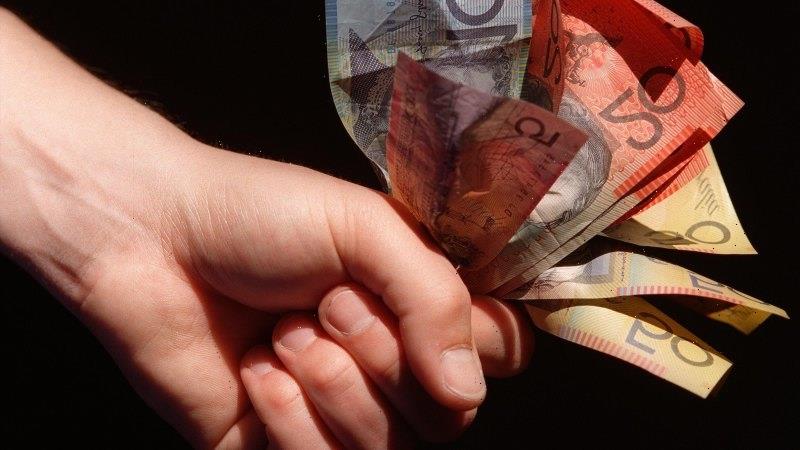In 2018, when the federal Coalition government legislated to change how the GST was carved up between the states and territories, it was always clear whom the beneficiary would be. Western Australia, the argument went, had historically been hard done by; amends needed to be made to give the mineral-rich west a fairer share. “The system has not been working for everyone,” then-treasurer Josh Frydenberg told federal parliament, while also promising the new plan would leave “all states and territories better off”.
It was no secret that Western Australia, peppered with marginal seats, was also seen as pivotal to the Coalition’s chances at the 2019 election. And indeed it turned out to be: the bill passed, the west held, Scott Morrison stayed in government and most people gave the GST little further thought. Just a few years and a pandemic down the track, though, three unpleasant consequences of the Coalition’s pump-priming have come into focus.
Firstly, WA has benefited out of all proportion to Frydenberg’s original stated intentions to level the playing field. Thanks to a key amendment that guaranteed every jurisdiction a minimum relative share of the GST, WA is not only billions of dollars better off than it otherwise would have been under the old rules but has even run a surplus thanks to a spike in the price of iron ore and largely breezing through the COVID pandemic.
Secondly, thanks to another tweak in the 2018 legislation, the Australian taxpayer has been running up an enormous bill. The so-called “no worse off” pledge ensured no state or territory would receive a lower cumulative amount of GST than it would have under the previous arrangements, with the Commonwealth contributing any shortfall.
It may have sounded a reasonable safety net at the time, yet thanks to Western Australia’s unexpected good fortune the cost of making good the rest of the nation has snowballed out of control, funded by yet more government borrowings. Senior economics correspondent Shane Wright calculates propping up WA’s share of the GST in make-up payments will eventually cost taxpayers over $25 billion.
Thirdly, Victoria now faces an extraordinary hole in its finances in years to come. Frydenberg was right when he said no state or territory would go backwards, but his promise came with a caveat: the “no worse off” guarantee was only legislated until mid-2027, after which we will be on our own.
Given that Victoria currently receives an annual make-up payment from the Commonwealth of around $1.4 billion (next year’s expected grant), that will be quite a pinch once the current transition arrangements become permanent. While Victoria cannot rightly blame all of its budget woes on the GST carve-up, Victorian Treasurer Tim Pallas has pointed out the deficit would be equivalent to the wages of 10,000 nurses, police and teachers for a year.
Those who understand the previous government’s calculus are incredulous. As early as 2021 economist Saul Eslake concluded it was “truly outrageous that the federal government is having to add billions of dollars to its budget deficits … to allow the only government in Australia, and indeed one of few in the world, running budget surpluses to run even bigger ones”.
This week, meanwhile, Premier Daniel Andrews told his federal counterparts: “So you want to keep WA better off. Then don’t think that we are paying for it, because we are not. We are just not.” It was, frankly, a largely hollow threat given how little say Victoria has over how the GST is distributed. But Andrews is right to push back.
Victoria, and the taxpayer, cannot afford to kick the can any further down the road. It is already clear the previous Coalition government left us in a mess. Budget forecasts need to be made that take account of future revenue predictions. It appears untenable to continue the “no worse off” stop gap beyond 2027. Yet another rethink is called for that simplifies the increasingly byzantine distribution system of GST reimbursement.
Patrick Elligett sends an exclusive newsletter to subscribers each week. Sign up to receive his Note from the Editor.
Most Viewed in National
From our partners
Source: Read Full Article


